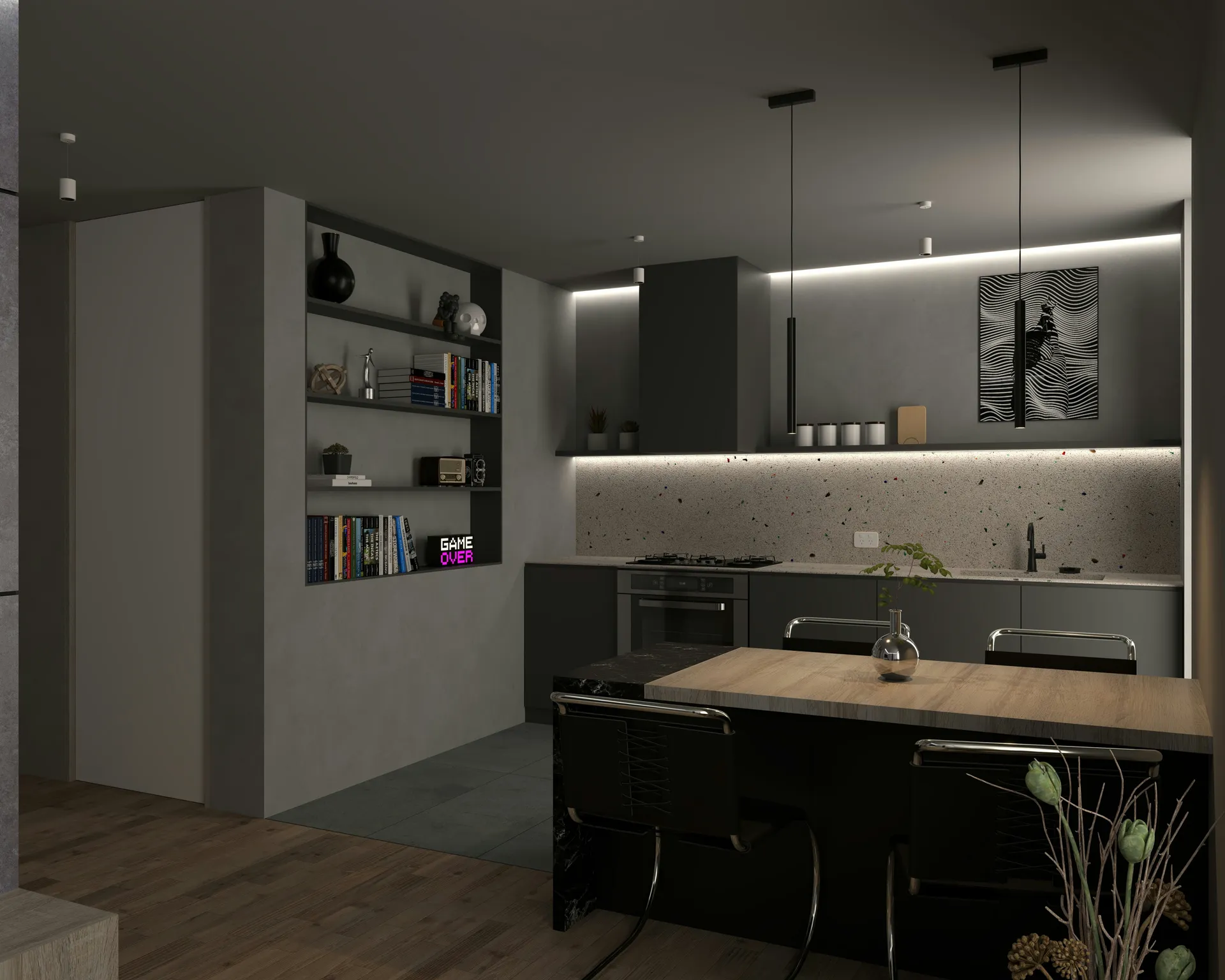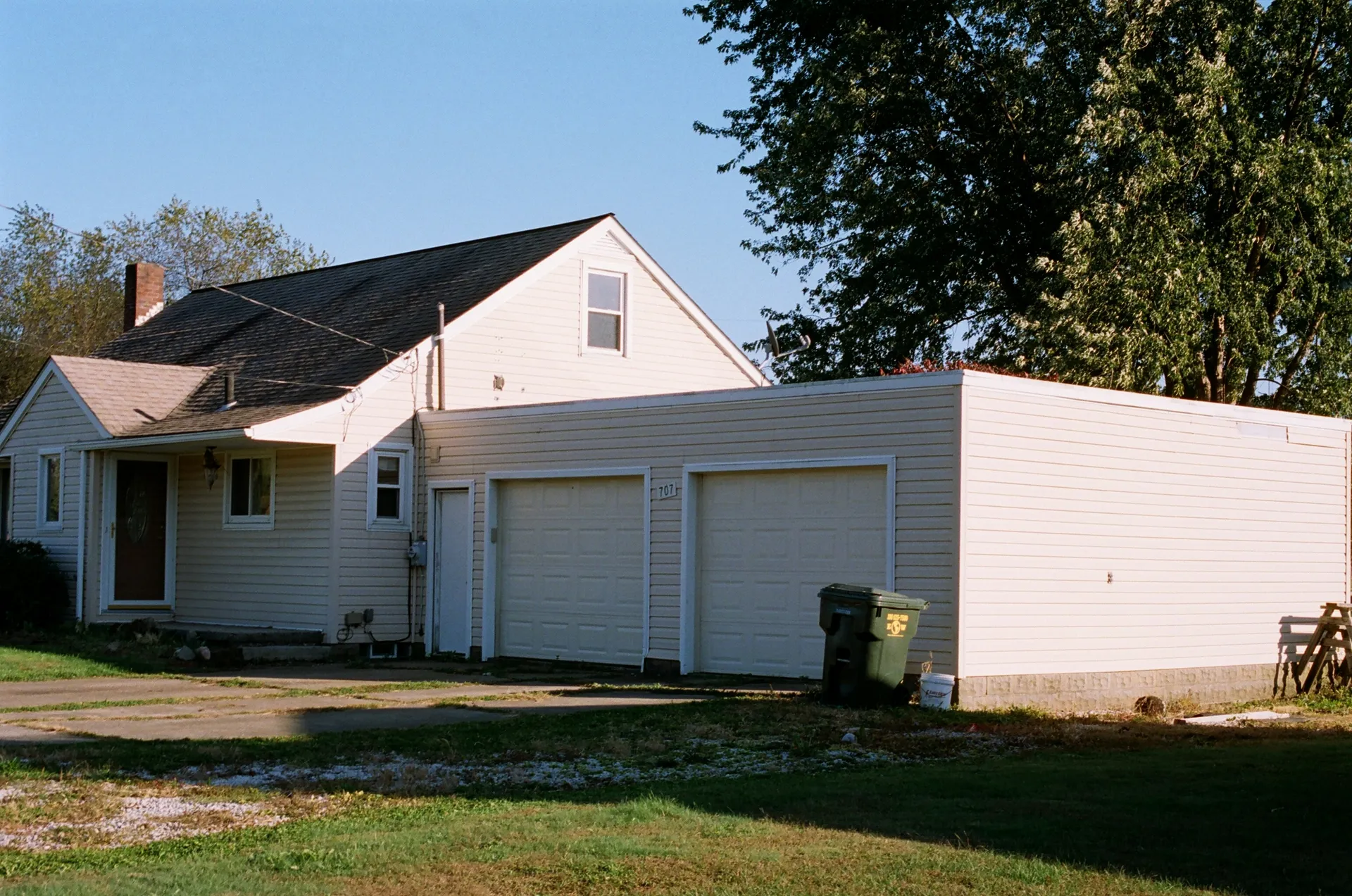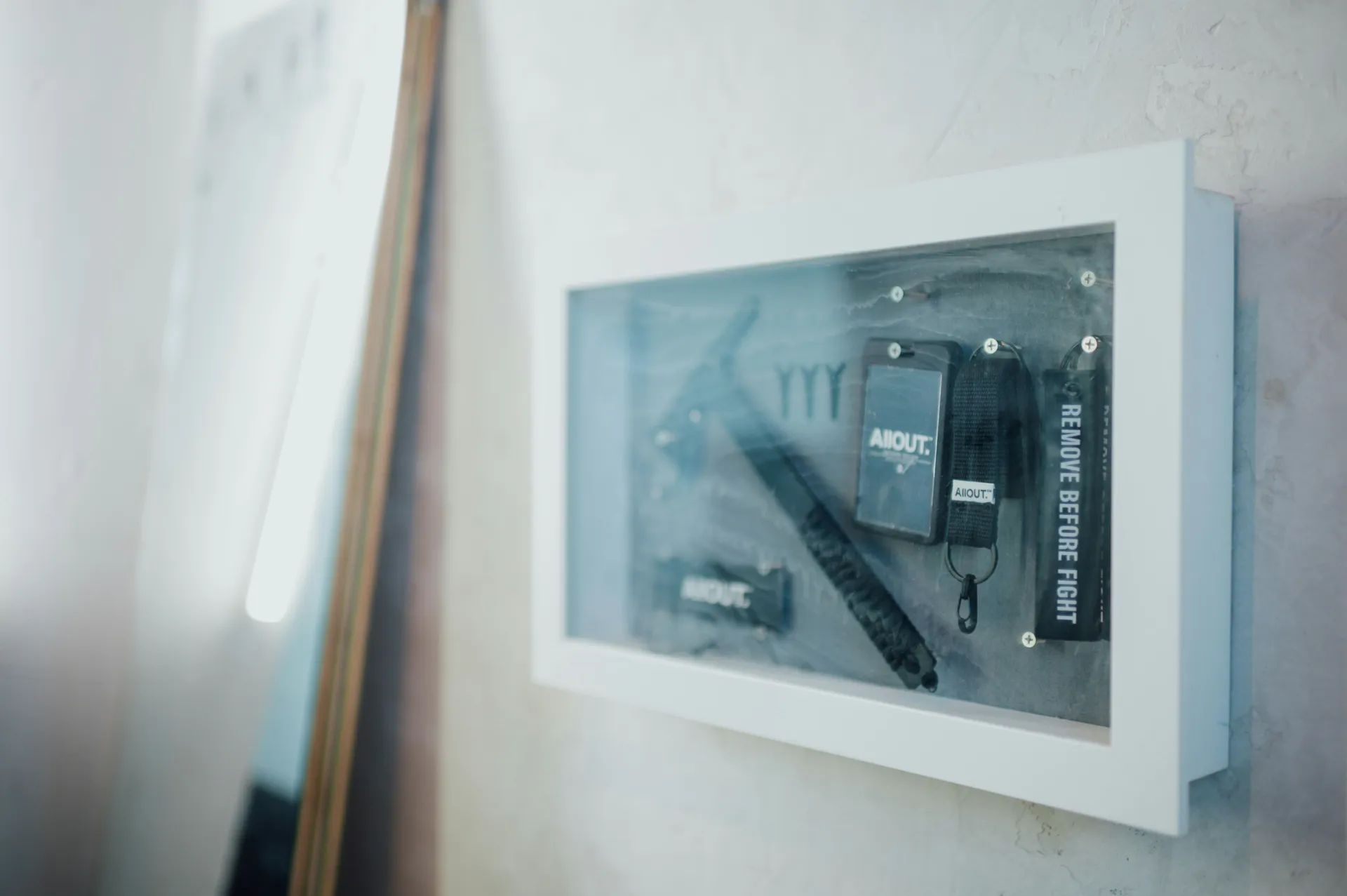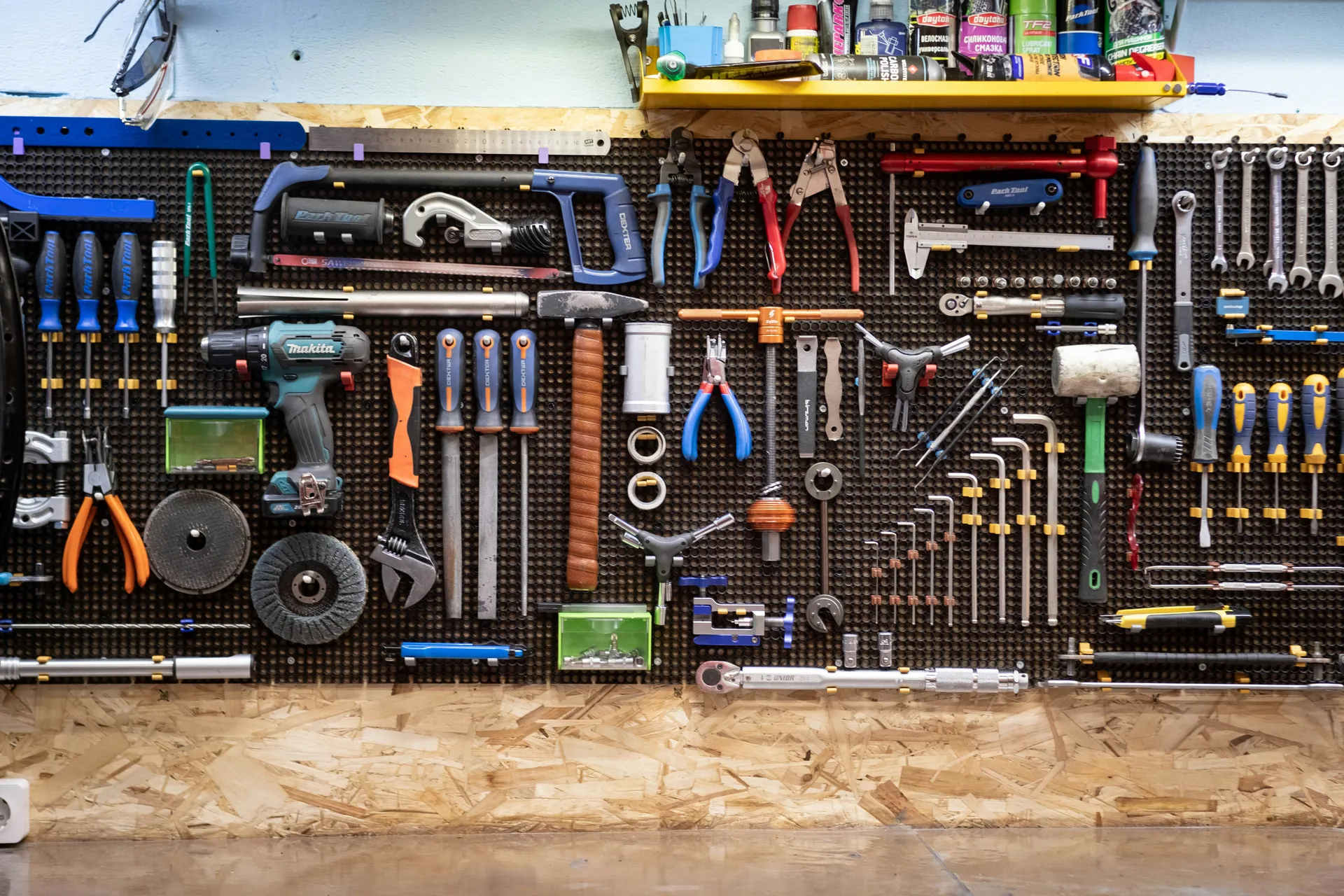Find Accurate Costs for Any Home Project
Your data-driven guide to home repair, remodeling, and maintenance costs. We analyze prices across the US to give you the most accurate estimates.
Find Costs by Project Category
From leaky faucets to full kitchen remodels, get detailed cost guides for every area of your home.
Building & Remodeling
Comprehensive guides for home construction, renovations, and remodeling projects
Exterior & Outdoor
From roofing repairs to new deck construction, find costs for all your home's exterior and outdoor projects.
Systems & Appliances
Complete cost guides for HVAC, plumbing, electrical systems, and major appliances
Repairs & Maintenance
Essential maintenance schedules, preventive care, and cost-effective upkeep strategies
Enhanced Cost Calculators
Get instant, accurate cost estimates with our advanced calculators. Each tool provides detailed breakdowns and downloadable reports.
Roof Replacement
Calculate costs based on area, material type, and roof complexity
Water Heater Replacement
Compare tank vs tankless options with installation costs
Solar Panel Installation
Estimate solar system costs including battery backup options
Featured Pillar Guides
Start with our most comprehensive guides, covering the most important topics for every homeowner.
The Ultimate Guide to Home Building & Remodeling Costs (2025)
Complete guide to home building and remodeling costs. Data-driven costs for kitchens, bathrooms, additions, and basements. Budget smart and hire right.
Exterior & Outdoor Project Costs: The Ultimate 2025 Guide
Complete guide to exterior and outdoor project costs. From roofing and siding to decks and landscaping, get budget insights for your next home project.
Home Systems & Appliances: A Complete Guide to Costs, Maintenance & Lifespan (2025)
Complete breakdown of HVAC, plumbing, electrical, and appliance costs. Common problems and repair vs. replace advice for all your home's critical systems.
The Ultimate Home Repair & Maintenance Guide: Checklists, Costs & Emergencies
Emergency home repair costs guide. Data-driven costs for roof leaks, basement flooding, gas leaks, and foundation problems. Learn when to call a professional.
Why Choose HomeCost Advisor?
Accurate Cost Data
Based on real contractor quotes and market data, providing the most accurate price assessments
Interactive Cost Tools
Personalized calculators and estimators to help you budget for your specific project needs









Maria Garcia
With over a decade of experience in residential design, Maria Garcia specializes in transforming kitchens, bathrooms, and basements into functional and beautiful living spaces. She combines a keen eye for aesthetics with a practical understanding of material costs and construction realities.
David Chen
As a licensed general contractor with 20 years of hands-on experience in home building, David Chen's expertise covers foundations, framing, flooring, and innovative housing solutions. David is passionate about structural integrity and building code compliance.
Emily Brooks
Emily Brooks brings 15 years of expertise in building envelope systems, specializing in roofing, siding, windows, and insulation. Her deep understanding of energy efficiency and weather protection helps homeowners make informed decisions about their home's exterior.
Samuel Jones
Samuel Jones has spent over 12 years designing and building outdoor spaces that extend the home's living area. From decks and patios to pools and landscaping, Samuel creates outdoor environments that blend functionality with natural beauty.
John Carter
John Carter is a licensed master plumber with 18 years of experience in residential and commercial plumbing systems. From simple leak repairs to complex pipe installations, John provides practical solutions and cost-effective maintenance strategies.
Alex Ortega
Alex Ortega is a certified HVAC technician with extensive experience in heating, ventilation, and air conditioning systems. With a focus on energy efficiency and indoor air quality, Alex helps homeowners optimize their comfort while minimizing energy costs.
Brian Mitchell
Brian Mitchell is a licensed electrician with 14 years of experience in residential electrical systems. Specializing in code compliance, safety upgrades, and smart home installations, Brian ensures electrical projects are both safe and future-ready.
Rachel Kim
Rachel Kim combines her background in home security and safety systems with practical experience in residential construction. She specializes in helping homeowners create secure, safe living environments through strategic upgrades and preventive measures.
Tom Sullivan
Tom Sullivan has dedicated 22 years to helping homeowners maintain their properties effectively. His comprehensive approach to preventive maintenance and seasonal care helps homeowners avoid costly repairs while preserving their home's value.



